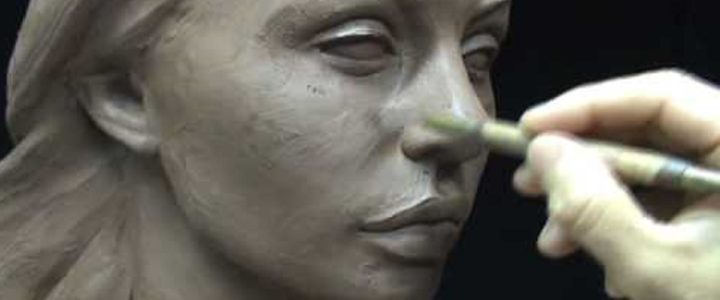Perfection is achieved, not when there is nothing more to add,
but when there is nothing left to take away.
Antoine de Saint-Exupéry
Writing my first book stirred up creativity I didn’t know I had. Words flowed out of my head faster than my typing could keep up.
Every time I stepped away from my computer, new images and metaphors popped into my head. Lots of new ideas came to me in the shower and in my car. Decades of research on creativity have shown that our brain works differently when we do routine tasks that we don’t have to think about. It’s like being on automatic pilot so our brain is freed up to do other things.
We enrich our writing by tuning in to our creativity. Images and metaphors engage readers at an emotional level. The more senses we tap, the more people connect with our story. It’s powerful to give them pictures to see, sounds to hear, textures to touch, flavors to taste, and aromas to smell.
These images and metaphors inspire my creativity. I hope they do the same for you.
1. Let your words breathe.
Like a fine red wine, words get better as they age. Once captured, step away. Then come back to refine and infuse them with new flavor. It’s normal to like something you write today, only to rework it tomorrow.
2. Let ideas marinate in your mind.
Ideas are formulating even when you’re not aware you’re thinking about them. Trust that this is happening, especially if you’re struggling to write something. The words will come when you and they are ready.
3. Dive deep vs. skimming the ocean.
It’s a common mistake to write with multiple messages, concepts, or story lines. It’s like trying to eat the whole elephant instead of taking one bite at a time. Rather than covering many topics superficially, consider diving deeper into one idea at a time.
4. Stay on the main highway and avoid off-ramps.
Identify your primary message or controlling idea and avoid going off in different directions. Rather than distracting yourself and your readers with extraneous material, challenge yourself to give full attention to one concept.
5. Refine your writing so it’s elegant, beautiful, seamless, and useful.
A brilliant colleague compared excellent writing to the precision and artistry of elegant dentistry and plumbing. Your metaphors for writing could be anything you know enough about to appreciate the nuances others don’t see.
6. Fine tune content like an audio engineer.
Changing, deleting, and moving words around is like calibrating levers and dials on an audio mixing console. Editing is an iterative process that gives some messages a little more emphasis and some a little less.
7. Master the fine art of subtraction.
Artists of all types—writers, designers, photographers, sculptors—know they are done when there is nothing left to remove.
8. Sculpt beautiful content, as if from stone or clay.
Early drafts are rough and shaped with large tools. Fine details of later drafts are sculpted with precision instruments.
